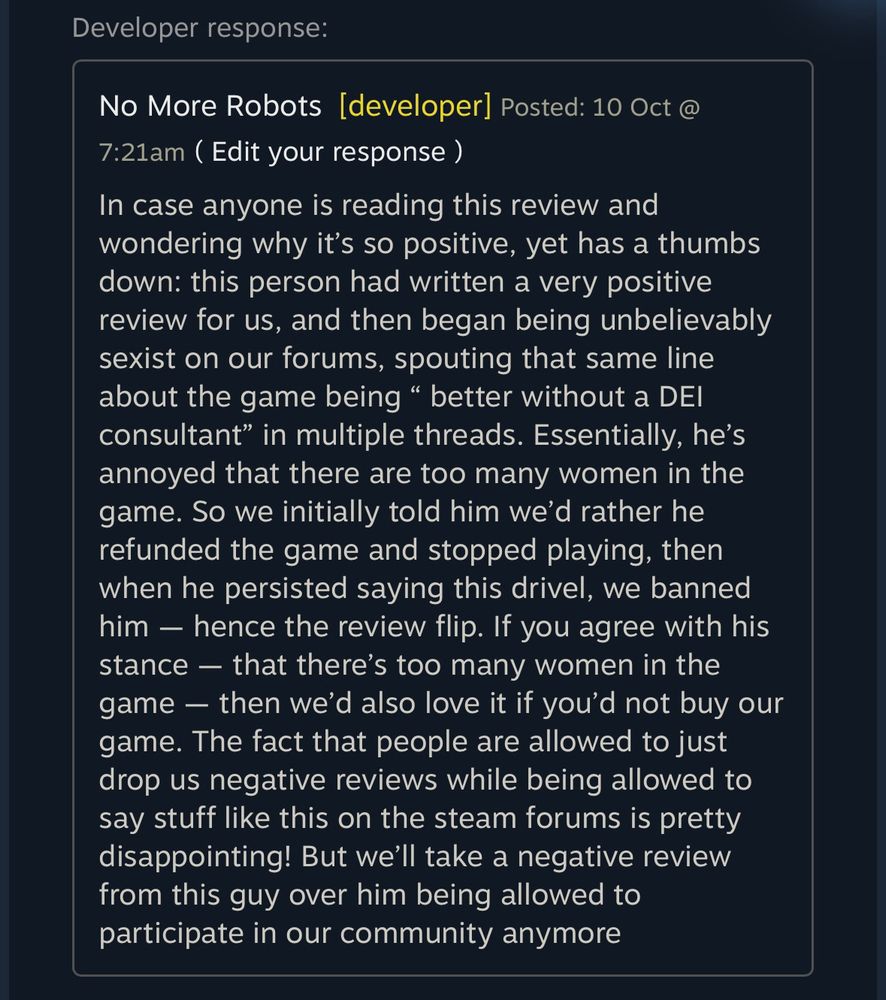Astreia
@redoubters.bsky.social
1.2K followers
480 following
14K posts
Aspiring fantasy novelist. Hate Nazis. Liberal democracy is the worst system of government that has ever been tried, except for all the others. Suffering NY Giants fan. Brimstone main but I can't really aim.
Posts
Media
Videos
Starter Packs
Reposted by Astreia
Reposted by Astreia
Ed
@notdred.bsky.social
· 6h
Reposted by Astreia
Reposted by Astreia
Reposted by Astreia
Reposted by Astreia
Reposted by Astreia
Reposted by Astreia
Reposted by Astreia
Reposted by Astreia
Reposted by Astreia
Reposted by Astreia
Reposted by Astreia
Reposted by Astreia
Reposted by Astreia
Reposted by Astreia
Reposted by Astreia
Reposted by Astreia
Reposted by Astreia
Reposted by Astreia
Reposted by Astreia












![come within the idea of an insurrection." Id. at 410. To this, Madison replied that "there might be
riots, to oppose the execution of the laws, which the civil power might not be sufficient to quell."
Id. (emphasis added). Patrick Henry pressed the issue, charging that granting power of "calling
the militia to enforce every execution indiscriminately" would be "unprecedented," and a
"genius of despotism." Id. at 412. To this, Madison noted the "great deal of difference between
calling forth the militia, when a combination is formed to prevent the execution of the laws, and
the sheriff or constable carrying with him a body of militia to execute them in the first instance;
which is a construction not warranted by the [Militia] clause." Id. at 415.
Confronted with such concerns, even federalist proponent Alexander Hamilton rejected
the notion that the militia could enforce domestic law, opining that given "the supposition of a
want of power to require the aid of the POSSE COMITATUS is entirely destitute of colour, it
will follow, that the conclusion which has been drawn from it, in its application to the authority of the federal government over the militia is as uncandid as it is illogical." The Federalist No. 29,
at 188 (Alexander Hamilton) (Jacob Ernest Cooke, ed., 1961). To Hamilton, then, it was nothing
more than an "exaggerated and improbable suggestion]" that the federal government would
command one state's militia to march offensively into the territories of another, given how
assuredly such conduct would invite "detestation" and "universal hatred" by the people of the
would-be usurper. Id. at 186-87.
On September 17, 1787, the U.S. Constitution was ratified. Many of the concerns debated
by the Founders reflect in its contours. Regarding the militia, the Founders chose to vest
Congress-not the President—with constitutional power "to provide for calling forth the Militia
to execute the laws of the Union, suppress insurrections, and repel invasions," U.S. Const. a…](https://cdn.bsky.app/img/feed_thumbnail/plain/did:plc:2vtbmhmrwzbqcfv4we4uxzzt/bafkreidxudeqidfeqok6ljzacxgtkdhisbhrfxl43krhavjuo7mrvkboui@jpeg)





